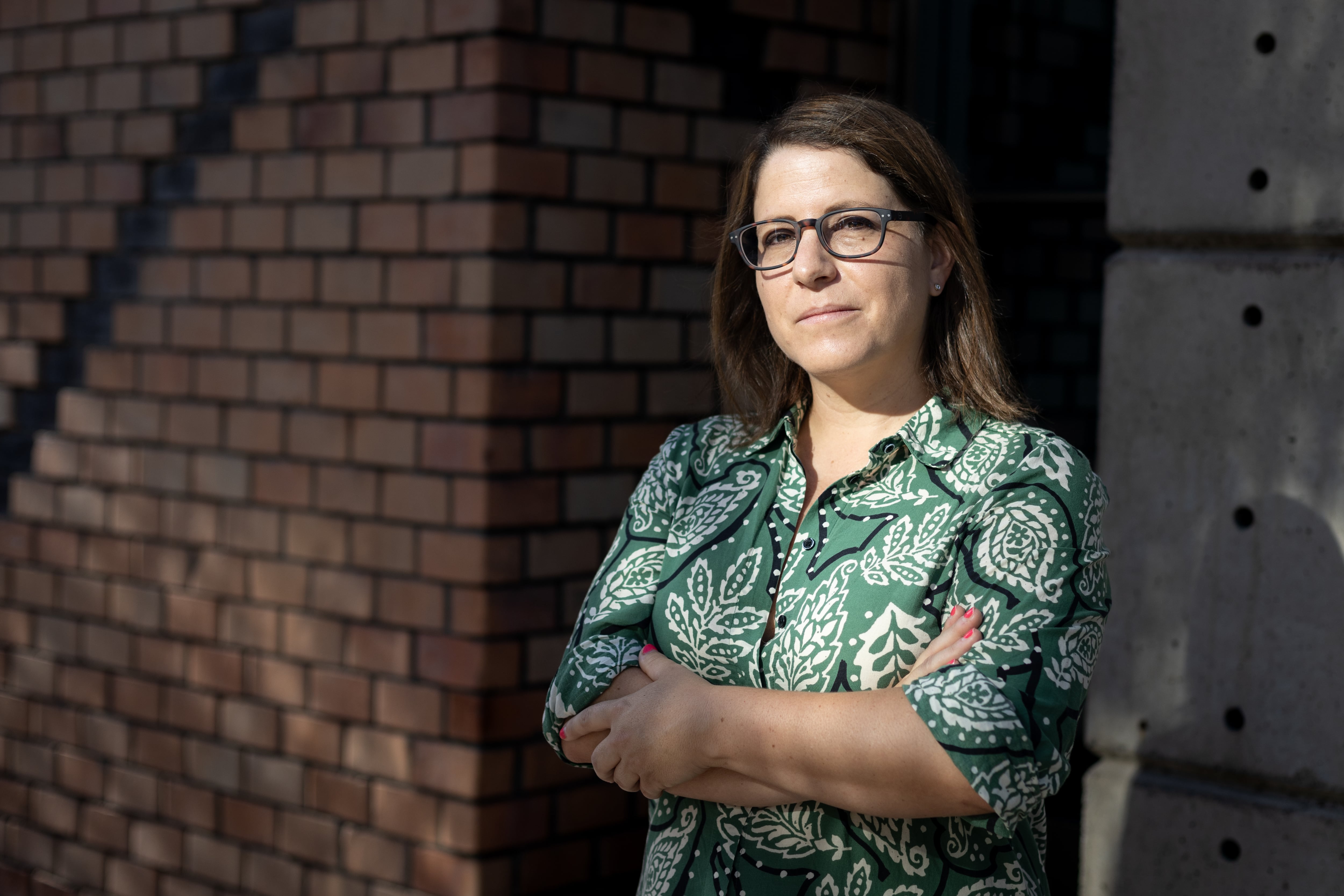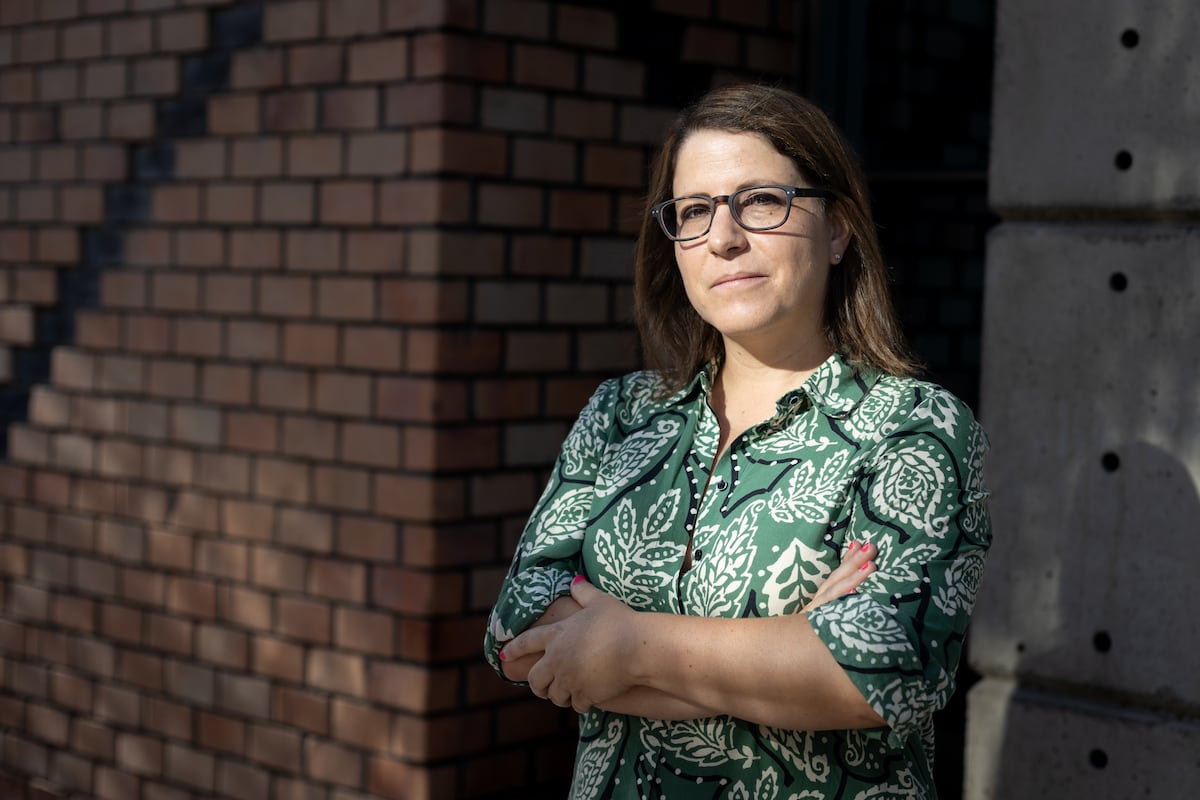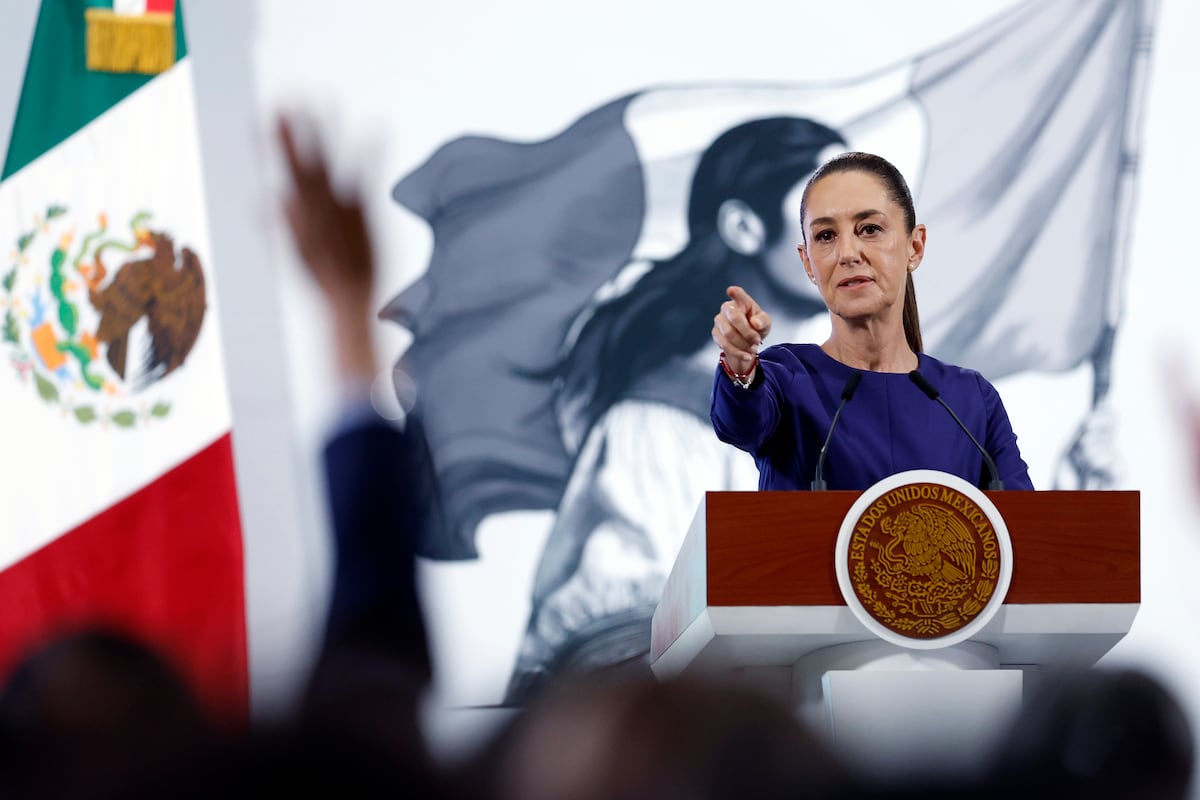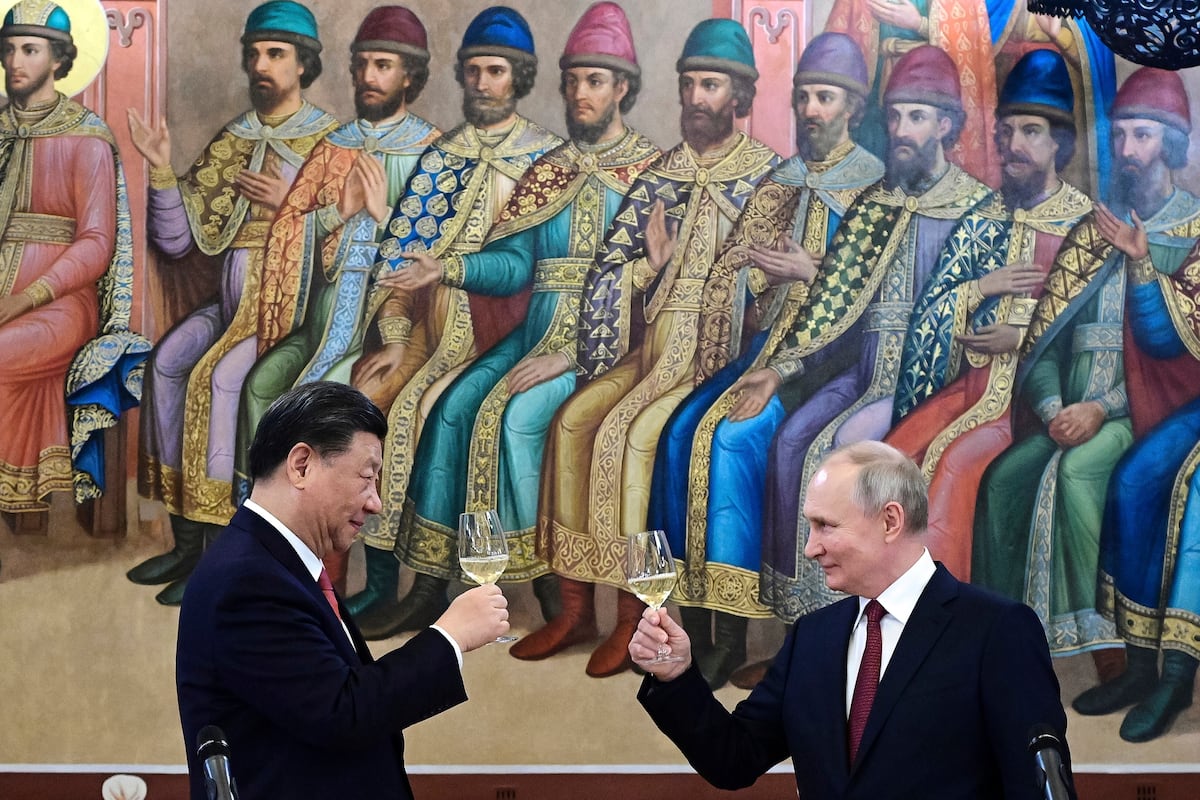
In El Salvador, President Nayib Bukele called it a “regime of exception” three years ago. In the United States, Donald Trump calls it a “state of emergency.” The former rebelled against his own people, the latter against immigrants within the country. Both promised to rid their respective nations of suspected criminals in a declared war on gangs. In their eagerness to detain—and now also to deport—the two leaders have resorted to the same things: arresting people without warrants, creating arrest quotas for police and federal agents, using tattoos as evidence of ties to a criminal organization, and violating due process. The result in El Salvador is more than 85,000 new inmates who are part of the prison system with the highest incarceration rate in the world. In the United States, more than 66,000 migrants have been detained and some 65,000 deported, according to figures from Immigration and Customs Enforcement (ICE). But even so, there is a big difference between one country and another, according to Juanita Goebertus, director of the Americas Division of Human Rights Watch (HRW): judicial independence.
Although Goebertus, a 41-year-old native of Colombia, has seen many innocent people imprisoned in Bukele’s prisons or expelled from Trump’s detention centers, she still places her faith in a system with separation of powers. “In El Salvador, there is absolute co-optation of all public powers by the executive branch; there is a strategy to intimidate civil society and the independent press,” she asserts. “Today, the process of weakening the rule of law in the United States is different, because there is judicial independence, a separation of powers, regardless of the composition of the Supreme Court.” Still, she warns: “Much of what is at stake is the possibility that the Trump administration will take the very Latin American step of total disdain for judicial decisions, instead of maintaining the forms of a democracy that entails abiding by judicial rulings, even when they are contrary to its own wishes.”
For the past three years, HRW members, while protecting their identities, have conducted fieldwork in El Salvador, where they have seen and documented firsthand accounts of overcrowding, unsanitary conditions, disease, lack of medical care or food, beatings, burning and torture of all kinds, including against some of the 3,300 minors detained during the “regime of exception.” But so far, no member of the organization has been allowed access to the Center for the Confinement of Terrorism (CECOT), the mega-prison opened two years ago with the capacity to hold up to 40,000 inmates.
The CECOT now not only represents terror for thousands of imprisoned Salvadorans, but is also a possible destination for those who dare to remain illegally in the United States. It was the place that—after shaking hands with Trump at the White House and with Secretary of State Marco Rubio in San Salvador—Bukele placed at the service of the Republican administration so that, in exchange for a few million dollars, the alleged members of the Tren de Aragua gang deported from the United States could be imprisoned.
However, El Salvador and its prison system are much more than CECOT, the brand-new prison that is in fact whitewashing the image of Bukele’s prison system.
Question.There is talk of a violation of due process in deportations to El Salvador. Once there, they have no communication with family members or lawyers, and it is not known whether they are alive or dead.
Answer. We made the decision to classify the removal of Venezuelans to El Salvador as a forced disappearance, and we did not do so lightly. We have a very strict legal review process. We did this because, although a list of names has been published, neither the United States nor the Salvadoran government has corroborated that it is the official one. There are cases of people who do not show up on the list but who are no longer in the ICE database, and their families are searching for them. In practice, the legal definition of an enforced disappearance is met, which means that after an arrest, family members have no access to their whereabouts or situation. Then there is a process of stigmatization, especially with the Venezuelans, because it has been said that they are members of the Tren de Aragua. In 40 cases we have studied, most do not have criminal records, and the few that do are for traffic violations or immigration issues, not for links to organized crime.
Q. HRW has said the Trump administration should repeal the Alien Enemies Act of 1798.
A. The first thing is that it’s an anachronistic law, and furthermore, it was made for times of war. Legally, it’s feasible to repeal it; politically, it’s difficult. I’m confident that the separation of powers still exists in the United States. At various federal levels, there have already been decisions ordering the suspension of this law. Of course, it will ultimately be the Supreme Court that decides whether or not it’s applicable. But I think the more the arbitrariness of these cases is exposed, the more evidence the Court should have to realize that its validity is absurd. Calling immigration a foreign invasion is far from realistic, not only because the number of people entering the border today is very low, but also because, at the times when the most people were entering, they were fleeing various situations. That’s not a foreign invasion.
Q. After 100 days of Trump in power, what would you highlight?
A. For Latin America, I would highlight the empowerment of the region’s totalitarian leaders. Over the past few decades, the United States has played an important role in helping promote democracy, the separation of powers, and freedom of the press in the region. The biggest problem with what’s happening with Trump is that it sends a message to authoritarian leaders that everything is fine: violating the separation of powers, coercing press freedom, restricting civic space by taking measures to prevent organizations from operating. This creates a very dangerous anti-rights climate in Latin America. The second issue is the issue of deportations. It’s not that more people are being deported under Trump, but it does show how atrocious these deportations can be, supposedly to deter people who arrive in a situation of extreme vulnerability.
Q. And there’s the trade war.
A. It’s the use of tariffs as extortion. The United States’ commercial clout in Latin America is so great that it has managed to extort almost every country. Colombia has already agreed to the release of biometric data. Mexico is reportedly sharing immigration information. Panama and Costa Rica have taken in people from third countries, even with children. Multilateralism is losing ground, and the bilateral relationship is gaining ground, which is clearly achieved through extortion.
Q. Are these third countries involved in migration exchanges also responsible for what is happening?
A. A third country is supposed to be a place that, according to the United States, must guarantee asylum applications. That’s not happening in the case of Panama. It seems like Costa Rica is going to facilitate some asylum applications, because they sent families with children. Panama says that many of the people sent there have already left voluntarily, but the truth is that they have no other option. We were able to speak with several. We have the case of a Chinese immigrant who arrived in Turkey, and they were going to make her board a flight to China, and she said she was staying, that she wasn’t leaving under any circumstances. All of this without access to translators; they put her on planes without knowing where they were sending her.
Q. What will happen to people already deported to El Salvador or to third countries?
A. If there’s anything that can put a stop to the Trump administration’s arbitrary actions, it’s the judicial system. We’re pushing, in alliance with other groups, to continue litigation and start seeing judicial decisions that will force the Trump administration to manage the habeas corpus response, to publish the list of deportees, and to begin taking steps toward their release and return to the United States, in the best-case scenario.
Sign up for our weekly newsletter to get more English-language news coverage from EL PAÍS USA Edition







Comentarios